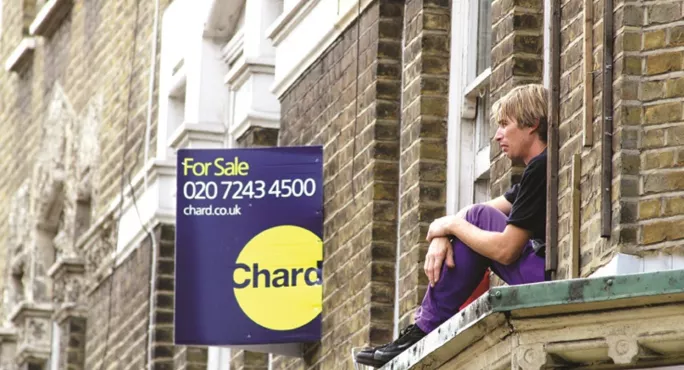This is an edited version of a longer article that appeared in yesterday’s TES magazine
My school, Forest Gate Community School, is in Newham, East London, an area undergoing a period of transformation. Parts are gentrifying rapidly and the borough experienced the biggest percentage rise in property values in the UK in 2015. Such a situation forces the working poor out of the area, largely because of housing costs - an economically driven migration that has led to London transforming itself over the past decade.
Although the capital is the epicentre of this housing crisis, similar situations exist in Birmingham, Bristol, Manchester and many other areas. Within all of these boundaries, there are large areas that are quickly becoming enclaves of abject poverty.
Those who stay in such areas can be forced into desperate situations. If people are made homeless - particularly if they have children - then the council has a duty to house them. Yet, with housing stock in short supply, temporary accommodation is often used.
According to homelessness charity Shelter, this isn’t a minor problem: in the past year alone, 15,000 more children became homeless; 11,000 of them in the capital. This has led to a 30 per cent increase in the number of children living in temporary housing.
Cynthia Quarshie, a home support worker at my school, paints a bleak picture. Of the plethora of issues that Cynthia tackles on a daily basis, housing is by far the most common. In the summer term of 2015, she dealt with 63 separate housing issues. She tells horror stories, each more gut-wrenching than the last: the girl who shares a room with her father and brother in a house with 11 other adults; the family of six in a one bedroom flat; the pupils who have been provided temporary accommodation in Tilbury, 20 miles from the school. “How can they possibly read at night or complete their homework in those conditions?” she asks me. I have no answer.
As well the impact on pupils, there is also a huge impact on recruitment and retention of teachers who struggle afford to live in London .
For school staff in the capital, facing ever-spiralling housing costs, the financial disincentive is becoming a real factor in career choice. Combine this with a teacher recruitment crisis and schools are becoming further victims of the property boom.
Until policymakers begin to see that housing inequality is one of the great diseases of modern Britain, they will continue to compound poverty. Continuing in this way will leave pockets of deprivation in our cities that become ignored and, in the hardest-hit areas, a shortage of teachers to help them overcome the situation.
It is time we acknowledged that poor housing is fast becoming the single greatest enemy of aspiration in Britain.
Joseph Bispham teaches at Forest Gate Community School, and starred in Educating the East End. He worked in politics before moving into teaching. He tweets as @MrBispham
Join the debate on TES Community.
This is an edited version of an article in the 29 January edition of TES. Subscribers can read the full-length version here. Read the full coverage in this week’s TES magazine, available in all good newsagents. To download the digital edition, Android users can click here and iOS users can click here
Want to keep up with the latest education news and opinion? Follow TES on Twitter and like TES on Facebook




